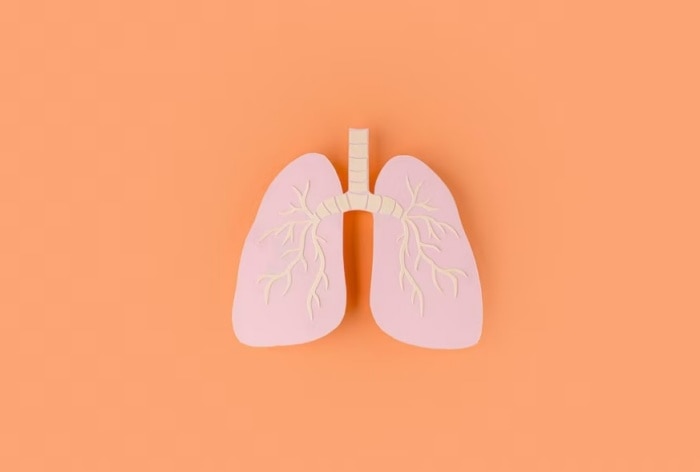Home Health: Monsoon Health Kit For Lungs – Infections to Precautions, How to Keep Respiratory Illness at Bay
During the rainy season, there is an increased risk of infections such as dengue, malaria, and respiratory illness. Seasonal changes create a favorable environment for bacteria to thrive. The entire monsoon season is prone to these infections, as the constant moisture and humidity in the air allow fungi, bacteria, and mosquitoes to spread. This leads to an increase in respiratory illnesses.
Common respiratory illnesses during the monsoon include:
1. Asthma Flare-up: Cold weather, allergens, dampness, and elevated pollens can trigger wheezing and worsen asthma symptoms.
2. Influenza: Fluctuating temperatures and high humidity provide a fertile ground for viruses to survive and spread.
3. Common Cold: It is a contagious illness that spreads from one infected person to another. It is advisable to stay indoors when someone has a cough and cold.
4. Pneumonia: Stagnant water and increased moisture during the monsoon create breeding grounds for mosquitoes and other insects that can transmit disease-causing pathogens, including those that cause pneumonia.
Tips for managing respiratory illness during the monsoon:
1. Consume warm food and drinks: Avoid cold food and drinks to minimize the effects of asthma. Maintain a healthy and nutritious diet, including protein-rich food, brown rice, sprouts, green leafy vegetables, carrots, cabbage, cauliflower, and eggs, to boost immunity.
2. Use steam inhalation: Inhaling steam can soothe the airways. However, avoid using oils or salts as they can irritate the airways and cause wheezing.
3. Keep surroundings clean: House dust, mites, and damp walls can trigger asthma flare-ups. Regularly vacuum clean, clean air-conditioner filters, and change bedsheets and pillow covers to reduce exposure to dust and molds. Stay away from sick people.
4. Avoid allergens: Stay away from pollution-rich and dusty areas, pollen-laden plants, and smoking. Also, try to avoid contact with pets, especially furry ones.
5. Get vaccinations: Regular vaccinations against seasonal flu and pneumonia help reduce the chances of infection, ultimately triggering asthma.
6. Maintain a healthy diet: Increase intake of blueberries, green leafy vegetables, nuts, seeds, and other nutrients that promote lung health. A balanced diet including fruits, vegetables, whole grains, lean proteins, and healthy fats can help strengthen the immune system and reduce inflammation.
7. Stay updated with our newsletter to receive the latest updates on respiratory health.
Subscribe to Our Newsletter Today!

